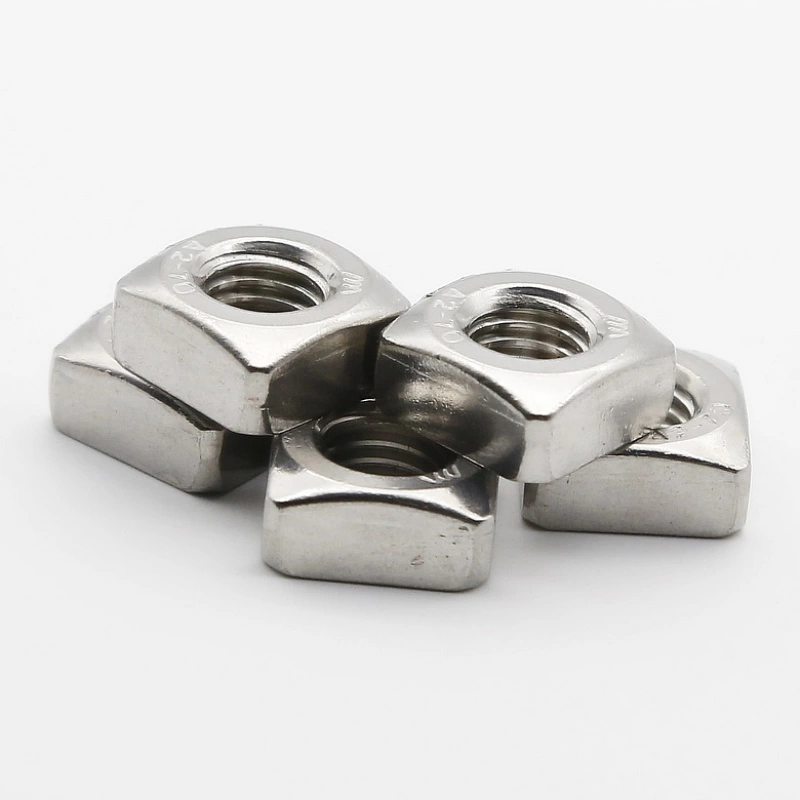

Understanding the Specifications and Applications of M8 Bolt Fasteners in Mechanical Design
Nov . 26, 2024 23:33 Back to list
Understanding the Specifications and Applications of M8 Bolt Fasteners in Mechanical Design
Understanding M8 Bolts Specifications, Applications, and Importance
M8 bolts are a crucial component in mechanical and construction engineering, serving as fasteners in countless applications. The M denotes the metric system, specifically indicating that the bolt has a diameter of 8 mm. The significance of M8 bolts extends beyond their dimensions; they are an integral part of the structural integrity of machinery, vehicles, and buildings.
Specifications of M8 Bolts
M8 bolts come in various lengths, typically ranging from 16 mm to 200 mm, making them versatile for different applications. The specification also includes information on thread pitch, which is commonly 1.25 mm for coarse threads. However, fine-thread variants exist with a 1.0 mm pitch, providing additional options for specific needs.
M8 bolts are commonly made from different materials, including carbon steel, stainless steel, and alloy steel. Stainless steel M8 bolts, for example, offer excellent corrosion resistance, making them ideal for outdoor applications or environments prone to moisture. The strength of the bolt is also a crucial consideration and is indicated by grades; the most common grades for M8 bolts include 8.8, 10.9, and 12.9, representing the tensile strength that the bolt can withstand.
Applications of M8 Bolts
The versatility of M8 bolts means they can be found in many sectors, including automotive, construction, and manufacturing. In the automotive industry, they are used to secure engine components, suspensions, and chassis parts. Their reliability ensures that high-stress components remain securely fastened, contributing to overall vehicle safety.
m8 bolt

In construction, M8 bolts are often utilized in steel structures, machinery mounts, and residential buildings. Their ability to handle significant loads while providing resistance to vibration makes them a favorite among engineers and contractors. Additionally, since M8 bolts can be easily installed and removed, they are commonly used in assembly and disassembly processes, reducing downtime and increasing efficiency in both manufacturing and construction sites.
Importance of Quality and Standards
With variations in material and manufacturing processes, the quality of M8 bolts is critical for ensuring safety and longevity. It is imperative to source bolts that conform to international standards such as ISO 4017 for hexagon head bolts or ASTM A325 for structural bolts. Using low-quality or incorrectly specified bolts can lead to catastrophic failures, structural damage, and safety hazards.
Moreover, proper torque specifications during installation are essential to ensure that M8 bolts achieve their maximum fastening potential. Over-tightening can strip threads or break the bolt, while under-tightening can lead to loosening and potential failure. Therefore, utilizing a torque wrench and following manufacturer guidelines is the best practice for any application involving M8 bolts.
Conclusion
In summary, M8 bolts are a fundamental part of modern engineering and construction. Their specifications, applications, and importance in providing structural integrity cannot be overstated. Understanding the specifications—including material properties, grades, and threading—is vital when selecting the right M8 bolt for a specific application. By adhering to quality standards and employing best practices for installation, engineers and contractors can harness the reliability and strength that M8 bolts offer, ensuring the safety and durability of their projects. As industries continue to evolve, the critical role of fasteners like M8 bolts will remain, making them indispensable in the ever-growing world of technology and infrastructure.
Latest news
-
High-Strength Hot Dip Galvanized Bolts - LongZe | Corrosion Resistance, Custom Sizes
NewsAug.01,2025
-
Best Self Tapping Screws for Drywall - Fast & Secure Installation
NewsJul.31,2025
-
High-Strength Hot Dip Galvanized Bolts-Hebei Longze|Corrosion Resistance&Customization
NewsJul.31,2025
-
Hot Dip Galvanized Bolts-Hebei Longze Metal Products|Corrosion Resistance&High Strength
NewsJul.31,2025
-
Hot Dip Galvanized Bolts-About LongZe|High Strength, Corrosion Resistance
NewsJul.30,2025
-
High-Strength Hot Dip Galvanized Bolts - Hebei Longze | Corrosion Resistance, Customization
NewsJul.30,2025

